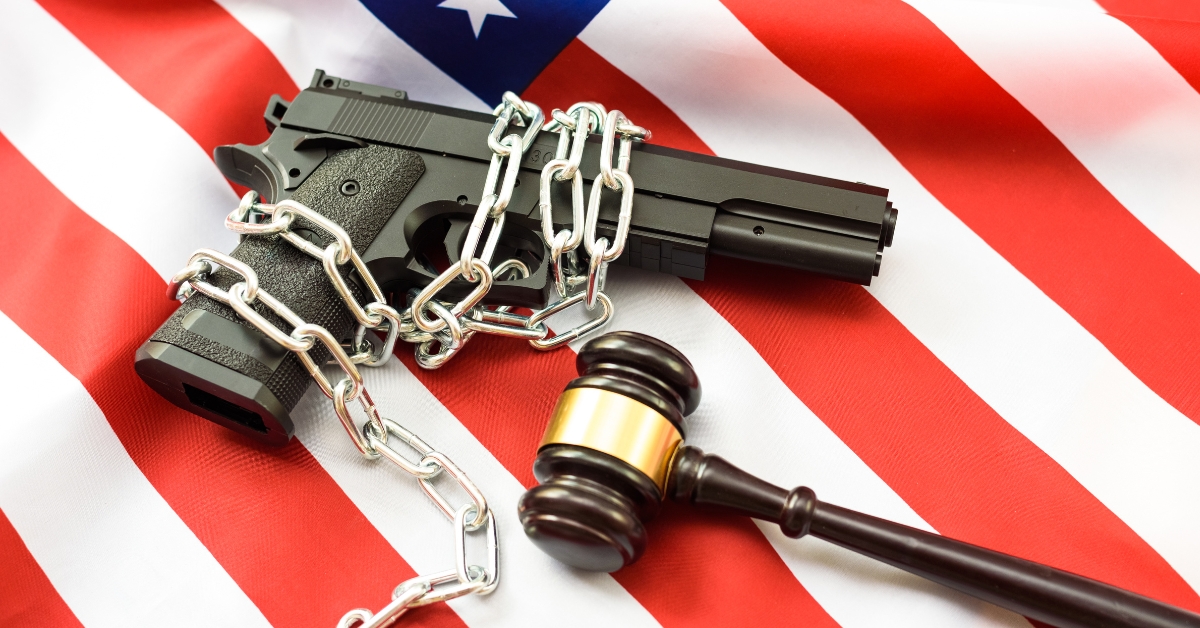
Federal Judge Rules California’s One-Gun-a-Month Law Is Unconstitutional
In a notable ruling, U.S. District Judge William Hayes struck down California’s restrictive law limiting residents to the purchase of only one firearm within a 30-day period, highlighting a misalignment with the United States’ long-standing tradition of gun ownership. This case, Nguyen v. Bonta, marked a significant victory for Second Amendment rights advocates, including several Federal Firearms License dealers and gun owners who challenged the constitutionality of the state’s gun rationing law in federal court. Their triumph underscores a critical assertion: inherent to the right to keep and bear arms is the right to acquire them.
California’s law, progressively tightened over the years, ostensibly aims to reduce straw purchases—a situation where a gun is bought legally to be sold illegally to someone who cannot purchase a gun themselves. Critics of the law see it as an undue hindrance on law-abiding citizens rather than a measure to curb illegal gun trafficking. Bill Sack, representing the Second Amendment Foundation in challenging the law, argued that restricting gun purchases infringes upon an essential component of Second Amendment rights. The law’s defenders, including the California attorney general’s office, faced a steep challenge in justifying these restrictions.
Judge Hayes’ ruling was grounded in a detailed examination of the Second Amendment’s text and relevant case law, which supports the premise that the right to acquire firearms is an intrinsic element of the right to keep and bear arms. The judge noted the lack of historical precedent for such restrictive measures on gun purchases, finding the state’s arguments and presented analogies unpersuasive. The historical laws cited by California’s Attorney General Rob Bonta (D), intended to demonstrate a tradition of regulating firearms, were deemed by Hayes as not closely related either in scope or purpose to the contemporary law in question.
This decision, though stayed by Hayes for 30 days to allow for an appeal, represents a beacon of hope for Second Amendment advocates. It reinforces the principle that constitutional rights cannot be whittled away by state-imposed limitations lacking clear historical justification. This ruling not only benefits the plaintiffs, including the Firearms Policy Coalition, Second Amendment Foundation, and San Diego County Gun Owners PAC, but also sends a clear message about the protection of gun rights in California and potentially beyond, as it challenges other states with similar gun rationing laws.
As we await the possible appeal and its implications, this moment serves as a reminder of the ongoing struggle to preserve the foundational rights enshrined in the Constitution. The fight for Second Amendment rights continues, bolstered by this victory, as advocates remain vigilant, prepared to counter any infringements on the right to keep and bear arms. This ruling is not just a legal triumph but a reaffirmation of the enduring strength and relevance of the Second Amendment in contemporary America.











